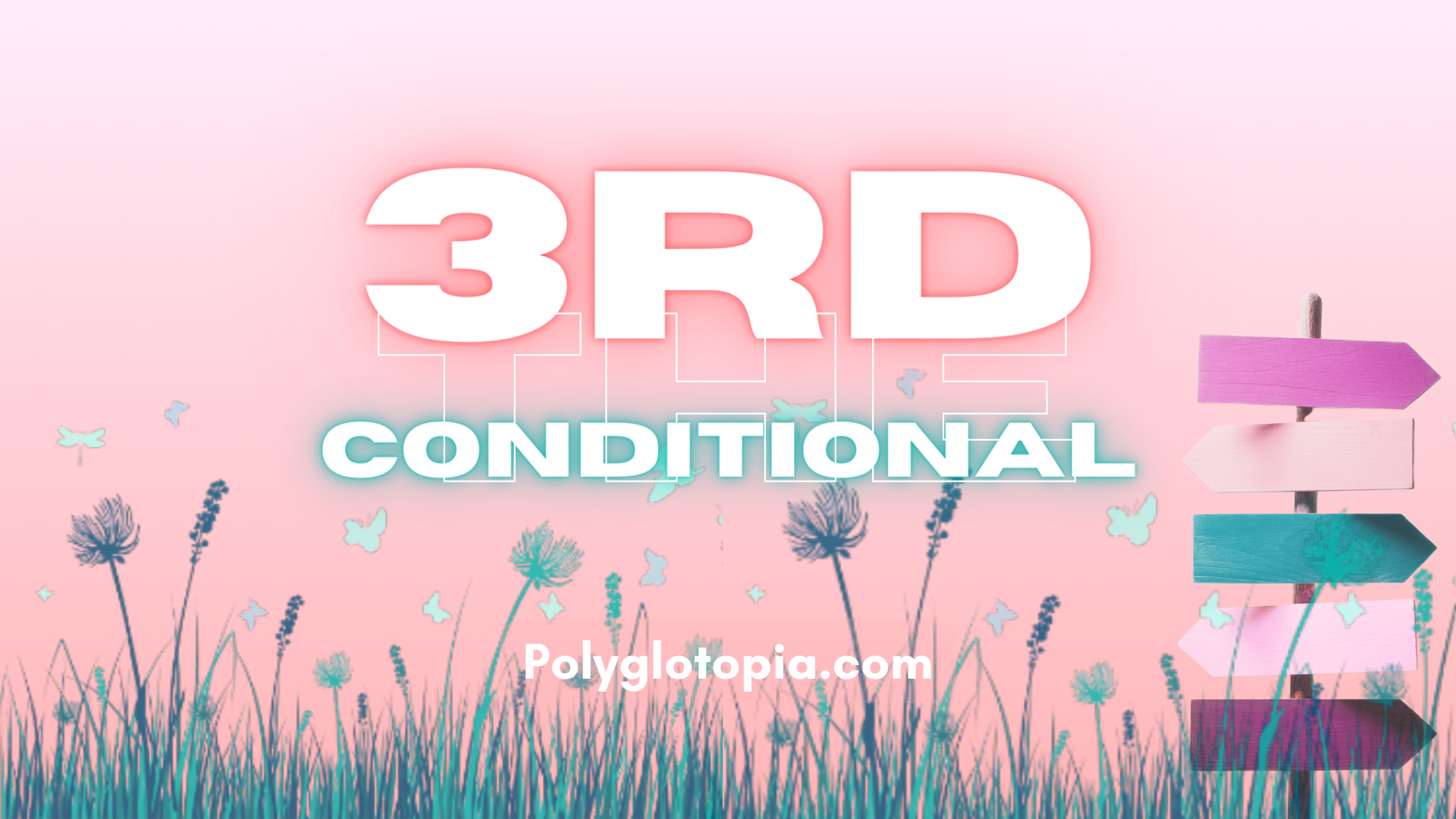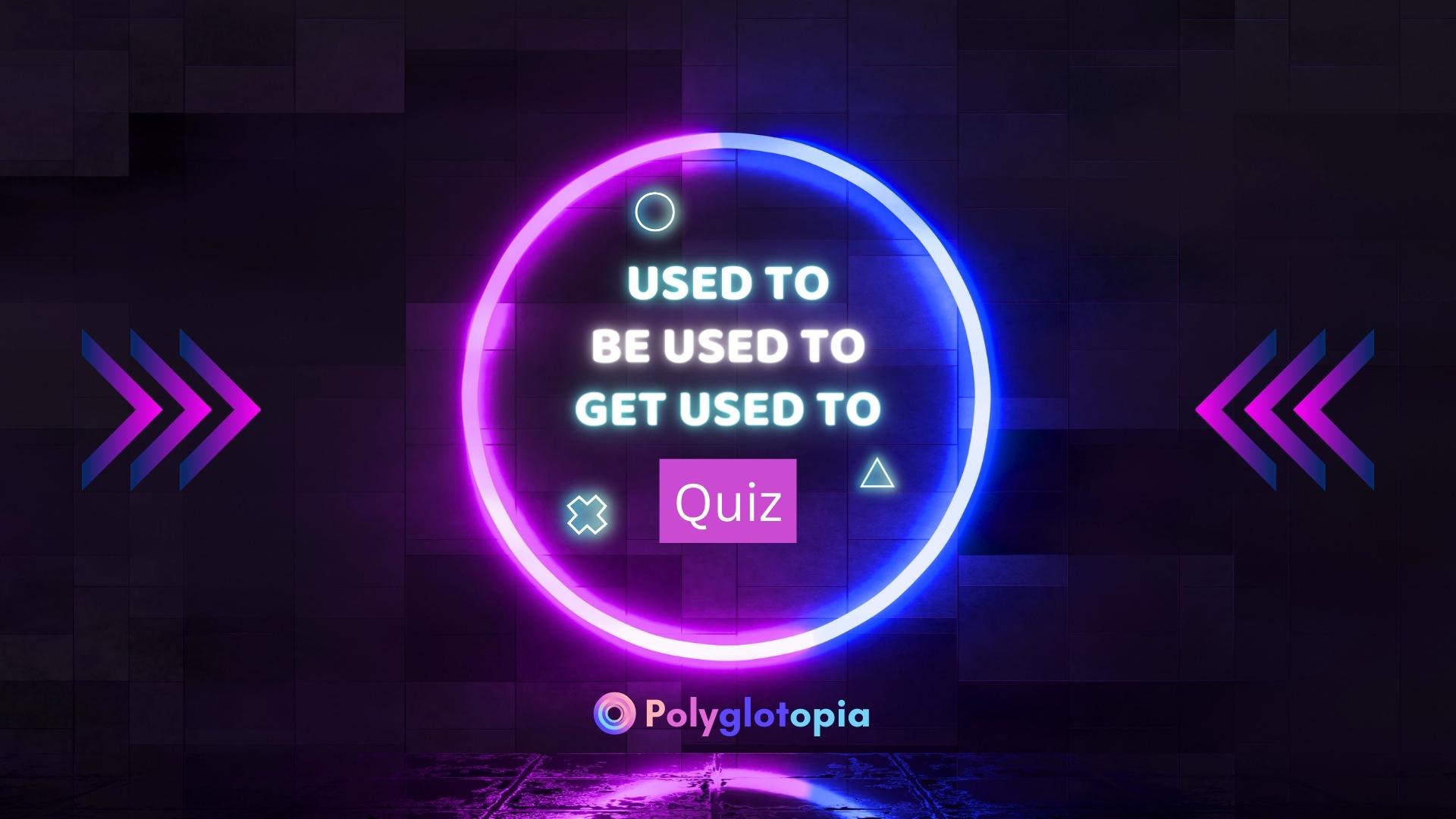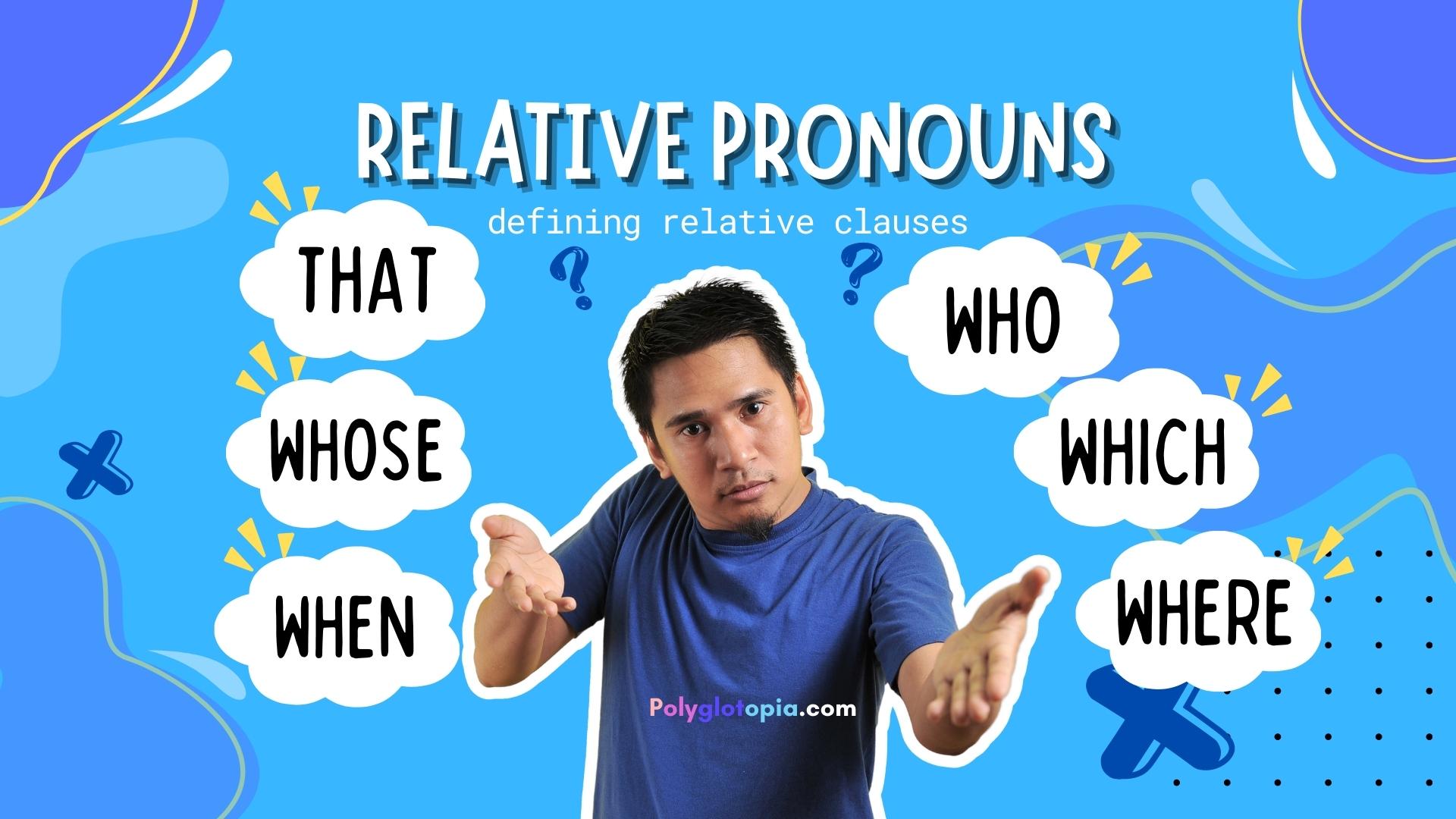How would you have looked for grammar information if computers hadn’t been invented? That’s an example of the third conditional in English. In this article you can find more examples, information about its structure and meaning, as well as practice exercises to help you use the 3rd conditional in context.
3rd Conditional in English
3rd Conditional Explained: Meaning
To begin with, we firstly need to understand what it means and when we can use it. Let’s have a look at an example sentence.
If you had told me you would visit your mum, I would have given you a present for her.
This is a situation that happened in the past, so it is not possible to change it. We can only make a hypothesis about the result of the if clause. The 3rd conditional is often also associated with past regrets. For instance:
I would have arrived at work on time if I hadn’t overslept.
The speaker in this sentence regrets not having woken up earlier.
3rd Conditional Explained: Structure
We are going to reuse the previous examples in order to analyze the 3rd conditional structure. To make it easier to remember and visualize, the information is presented in the tables below.
3rd Conditional Example Sentence 1 | If you had told me you would visit your mum, | I would have given you a present for her. |
| Structure | If clause, (comma after the if clause) | Result clause |
| Analysis | If + subject + past perfect, | Subject + would have + past participle. |





3rd Conditional Example Sentence 2 | I would have arrived at work on time | if I hadn’t overslept. |
Structure | Result clause (no comma) | If clause |
Analysis | Subject + would have + past participle | if + subject + past perfect. |
Example Sentences
- If I had seen you, I would have said “hi”.
- She would have bought the car if she had saved more money.
- They would have visited us if we had invited them.
- If I had discovered the recipe earlier, I would have been a Michelin-star chef by now.
- This wouldn’t have happened if you had listened to me.
3rd Conditional Exercises
To strengthen your grasp of the 3rd conditional, practise constructing sentences with the following exercises. Start with a multiple-choice quiz and continue with a gap-fill activity.
3rd Conditional Quiz
You can find a 10-question multiple choice quiz below. Can you get 10 out of 10?
Congratulations, Quiz Completed.
Questions : 10
Wrong Answers :
Right Answers :
Grade : %
Score : /
Question : /
Please Pick An Option

3rd Conditional Gap Fill
Time for a more challenging, fill-the-gap task. Change the verbs in parentheses to the correct form in order to form 3rd conditional sentences. (Make sure you spot which is the if clause and which is the result clause before completing the gaps!)
- If she (study) harder, she (pass) the exam.
- We (travel) to Paris if we (know) about the opportunity.
- If they (invest) in that company, they (make) a profit.
- I (buy) a house if I (save) more money.
- She (not miss) the bus if she (leave) on time.
- If we (know) it was going to rain, we (bring) an umbrella.
- He (not lose) the job if he (complete) the project on time.
- If they (tell) us earlier, we (help) them with the move.
- We (attend) the party if we (receive) an invitation.
- If I (know) it was a surprise, I (not tell) her about the celebration.
- If she had studied harder, she would have passed the exam.
- We would have traveled to Paris if we had known about the opportunity.
- If they had invested in that company, they would have made a profit.
- I would have bought a house if I had saved more money.
- She would not have missed the bus if she had left on time.
- If we had known it was going to rain, we would have brought an umbrella.
- He would not have lost the job if he had completed the project on time.
- If they had told us earlier, we would have helped them with the move.
- We would have attended the party if we had received an invitation.
- If I had known it was a surprise, I would not have told her about the celebration.




